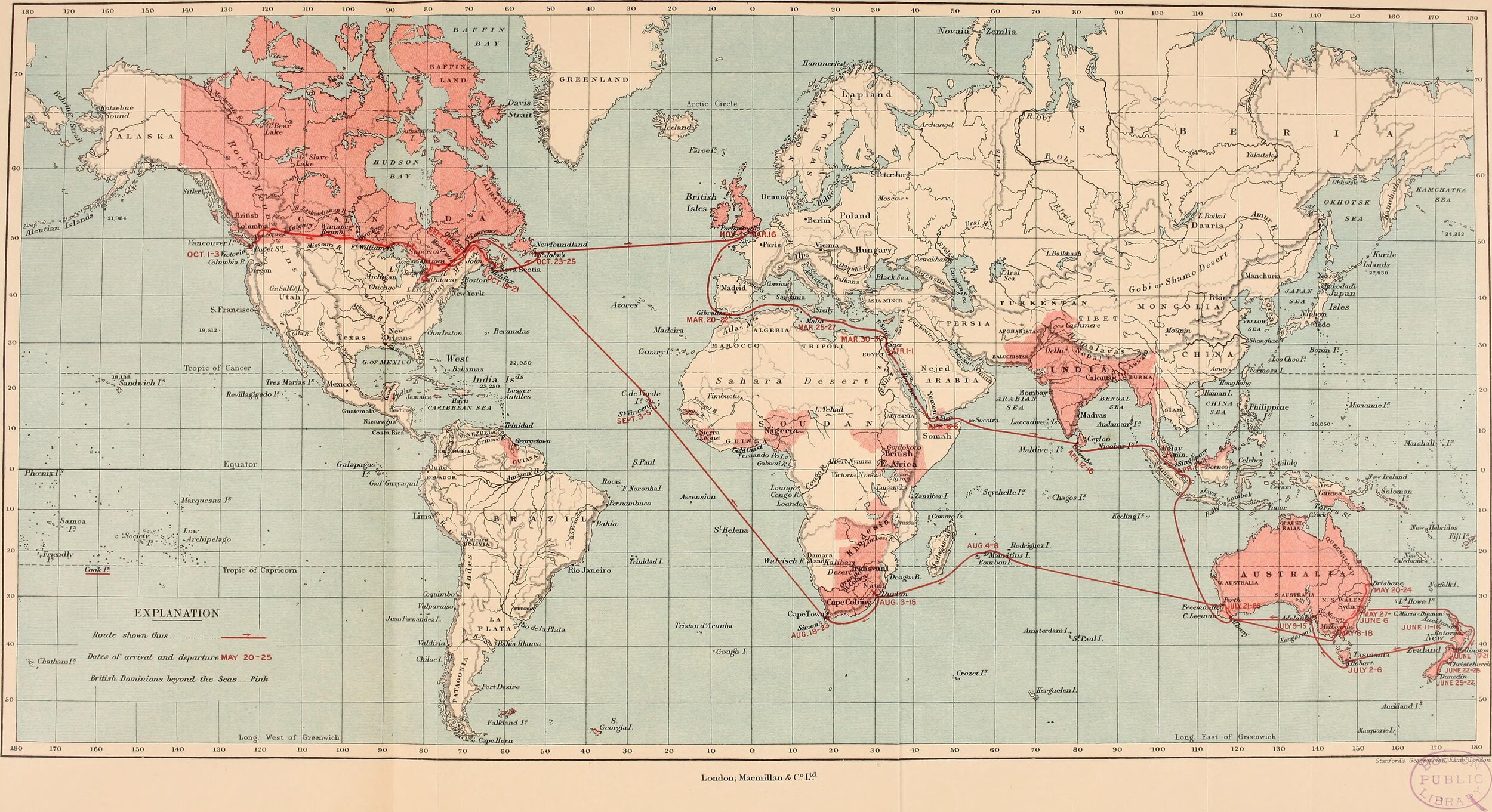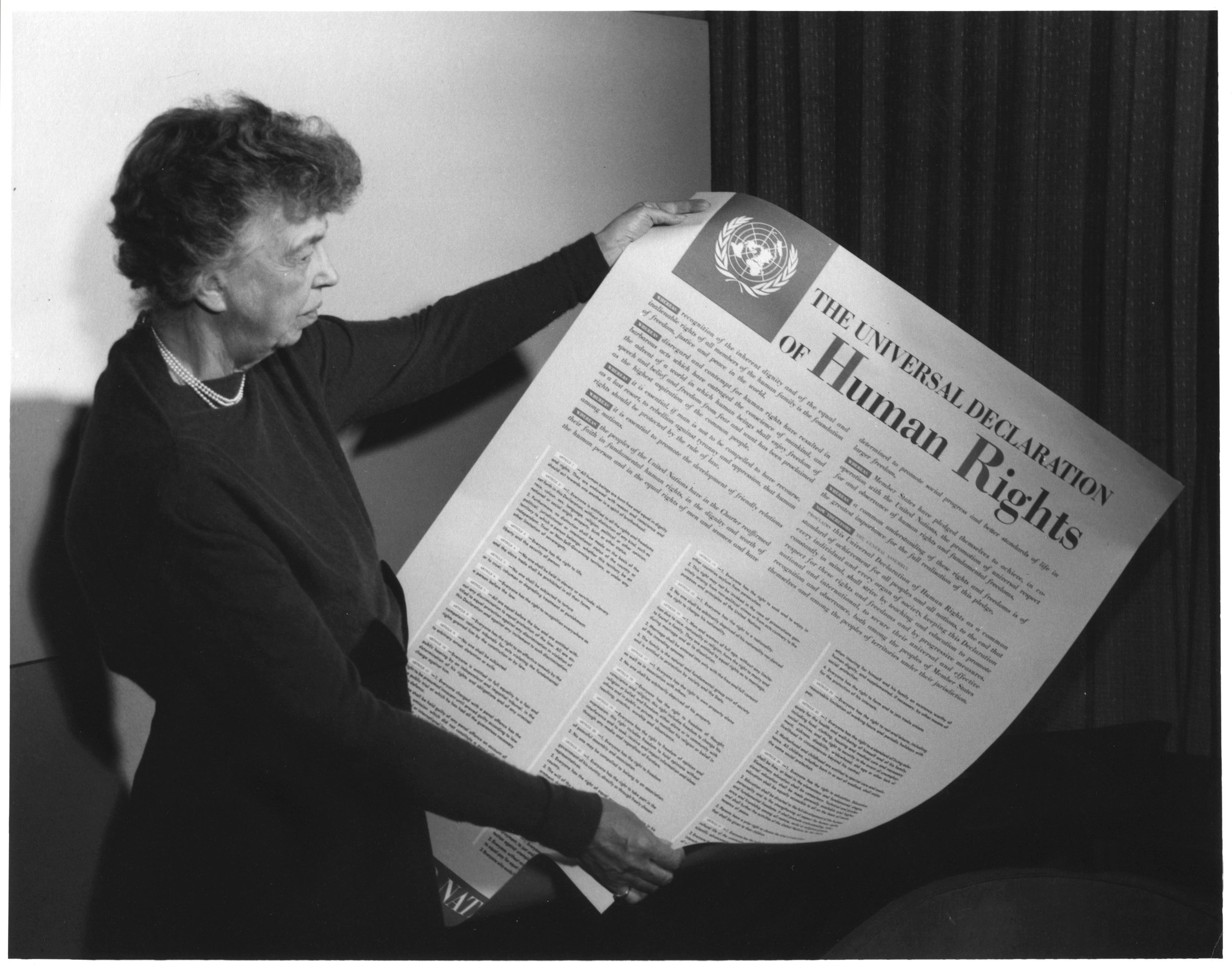
Part 5:
1945 to 2020: The Big Picture
#92 Nigeria and the Democratic Republic of Congo
In this blog, I have chosen to explore the examples of Nigeria and the Democratic Republic of Congo to show why countries rich in mineral resources still maintain high levels of people in deep poverty. Nigeria is important as an example as she has been pumping oil for decades. Out of the payments received by the Nigerian State, a new ruling class has arisen that are hugely wealthy. While the Democratic Republic of Congo is the example of my argument. The Democratic Republic of Congo is a huge territory in terms of size. She is blessed with every imaginable commodity. Yet, the Democratic Republic of Congo is one of the poorest countries on our planet.
#76 Gold, Dollars and World Trade
The dollar system for trade works well enough for the Western countries. But for any country which the USA disapproves of, she imposes 'sanctions' and that limits the availability of dollars for trade. Cuba has been sanctioned for decades by the USA. Today there are now many new examples: Russia, Venezuela, North Korea, Iran, and Syria are perhaps the main sanctioned countries. Domestic banks across Europe are forced to demand that their customers conform to US foreign policy.
There are now movements to combat these hindrances. China has for some years wanted to use her currency, the renminbi, for world trade. China has already begun to avoid the dollar system, which regularly infuriates the leaders in Washington.
#75 The New Economic Normality 1971-2020: The Market and Neo-Liberalism
The essence of free-market ideology since the first half of the 19th century until now has been that competing firms were efficient and represented the best way to run society. Governments would overspend; organised labour is selfish; barriers to the movement of capital services and labour should be reduced to the minimum. This is neo-liberalism in a nutshell. The reality is, of course, very different, as firms tend to move to monopoly or oligopoly, and so inequality increases. This is not the place to expand the argument into economic theory. Neo-liberal economics has been widely practised across the world for the last 50 years.
#67 The Creation of New Global Infrastructure to Rule the World
Well before the Japanese attacked Pearl Harbour, US war planners were envisaging the defeat of Germany and Japan and the break-up of Europe's various Empires. They imagined the creation of small independent nations, umbilically tied into the US dollar and planners drafted blueprints for the United Nations. The ideologies of Pax Americana, Providential Exceptionalism and Universalism led a large group. The move of America to rule the world was rampant ambition over any specific political or economic need. This blog outlines the new global infrastructure the US set up post-1945 to rule the world.



